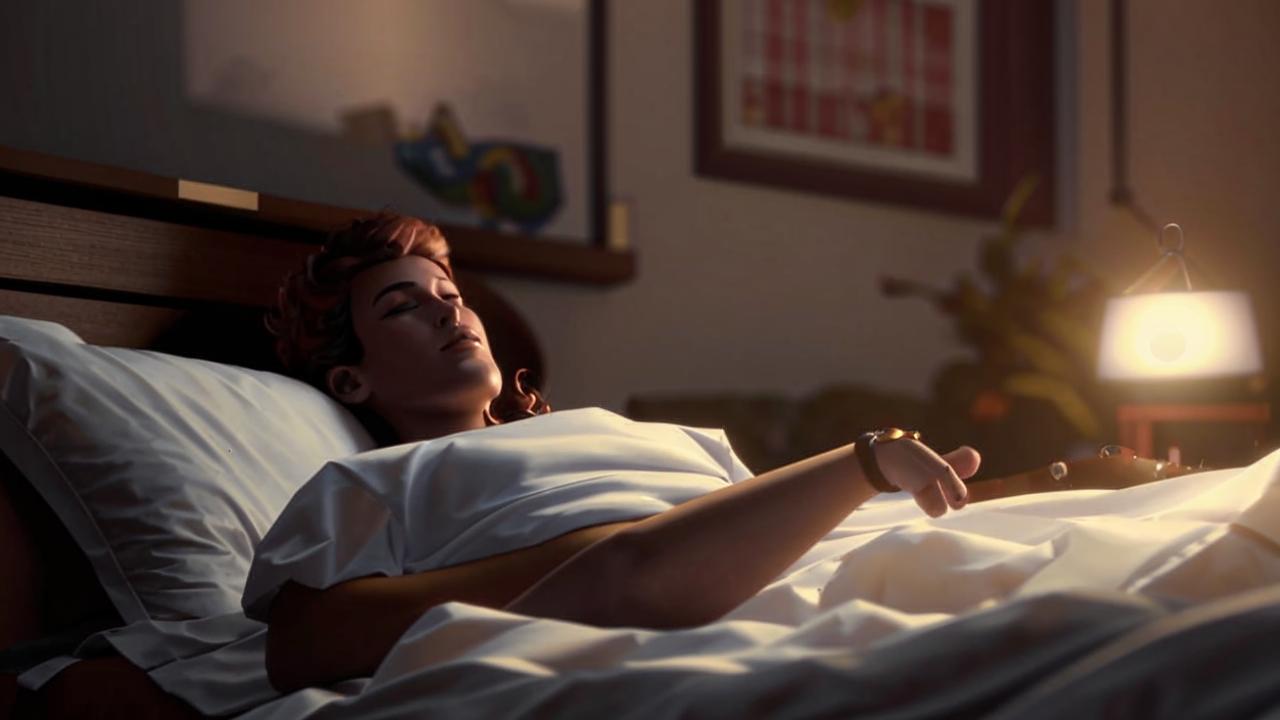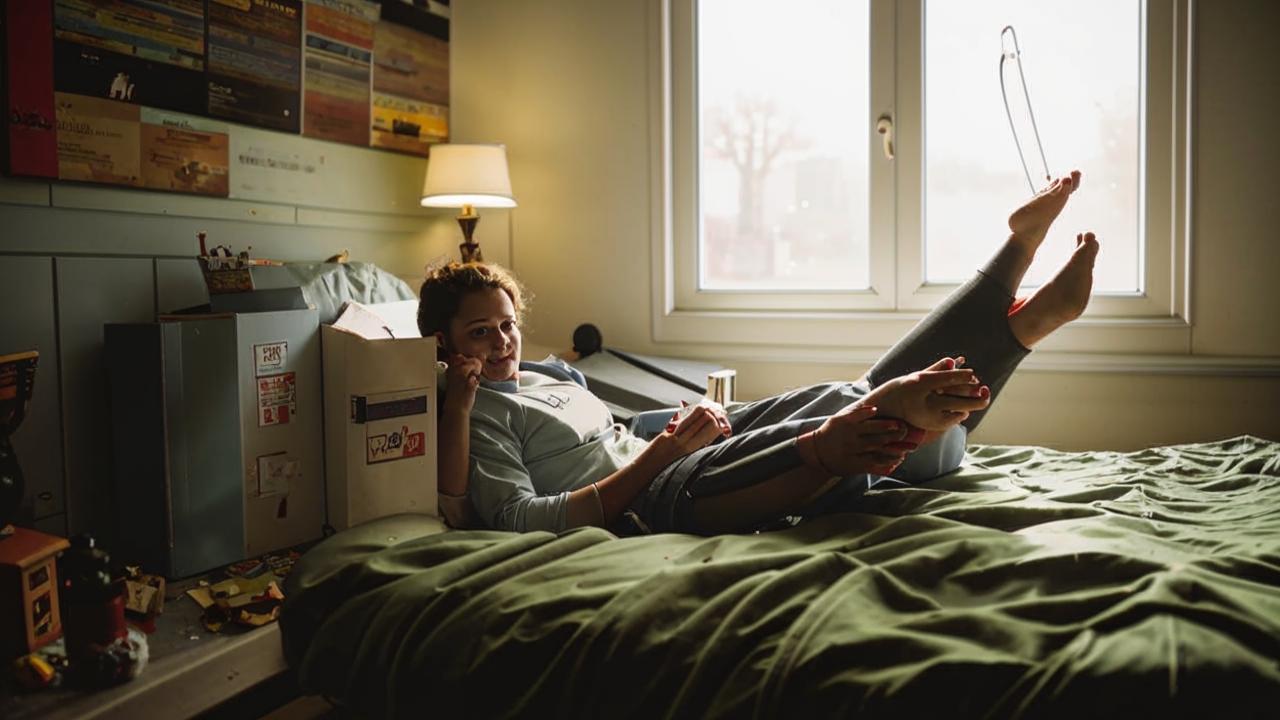There is an opinion that early rising at 4-5 am gives a person incredible productivity, because the day starts much earlier, and the body finds harmony with the so-called circadian rhythms – the internal rhythms of the body. This routine is especially good for those who literally don’t have 24 hours in a day. But there are two big questions: how do we get used to early risings and how do they affect our health?
How do circadian rhythms or biological clocks work?
When we sleep, the body recuperates, gets rid of toxins, and this helps us to function normally after waking up. According to scientific studies, after 17-19 hours without sleep, mental capacity decreases so much that the brain starts to work about the same as if we had a light drink.
The optimal number of hours of sleep is different for each person because of different biorhythms. Our internal clocks are the suprachiasmatic nuclei located in the brain. They receive information about whether it’s light or dark, whether it’s morning or evening. And, depending on the time of day, they increase the activity of other areas of the brain or slow it down. Another organ that controls biorhythms is the epiphysis, or pineal body. It is an endocrine gland that produces the hormone melatonin, which is responsible for the balance of our internal clock.

The length of the diurnal cycle is different for everyone. There are those who are ready to rush into action from early morning (“larks”), and someone prefers to join the work rhythm later (“owls”). Most often it is laid at the genetic level, but there are cases when the biorhythms are adjusted to someone in the family or change under the influence of hormones. That is why teenagers during puberty are most often “owls”.
Decide when to wake up and fall asleep, you must yourself, focusing on the internal rhythms. But the number of hours required for a healthy sleep depends on age and body characteristics. According to research by the American organization National Sleep Foundation, 7-9 hours is usually enough for people aged 18 to 64.
How to learn to wake up early? 10 simple tips
If you’re an owl and usually fall asleep late at night, it’s better not to force your body, but simply reorganize your daily routine, making it more productive. Early rises are not suitable for everyone, and this is quite normal. It is not worth attacking the internal clock to your own detriment. But if you are still determined to change your life, we have a few tips that will help you adjust the regime without harming the body.
Rule one. You should not try to rebuild your body overnight or two. Those who have already gone through a similar thing, advise: take the period between when you usually wake up (conventionally – 10 am) and the necessary to you “early” time (let it be 4:30). Count the difference in minutes and divide by ten (330 minutes/10=33 minutes). And when you set your alarm clock, subtract this number from the rise time each time. In our case, the first day the bell will ring at 10:00, the next day – at 9:27, and then – at 8:54 and so on, until you get to 4:30. The change of biorhythms should be gradual – this is the most important.
Rule two. Sleep as much as you need to feel asleep. And go to bed eight hours before waking up – let your body calmly prepare for sleep.
Rule three. Take a hot shower before going to bed. This will help to relax.
Rule four. Think about what prevents you from lying down and waking up earlier, and try to eliminate these obstacles. The main thing – solve all the cases before the time at which you plan to go to bed.

Rule five. Keep an eye on your physical condition. This will help you to fall asleep and wake up normally. Eat right, exercise and if possible less nervous. And remember that the last meal should ideally take place three hours before bedtime, and physical activity is better postponed to the morning or afternoon.
Rule six. Ventilate the room before going to bed. It is easiest to fall asleep at a temperature of 17-18 degrees, but wake up – at 22 degrees.
Rule seven. Do not drink anything that contains caffeine, eight hours before bedtime. Difficult, we understand, but it will be easier to reorganize your biorhythms.
Rule eight. No more “another 10 minutes”: get up as soon as the alarm clock rings. Firstly, you will not get enough sleep in this short time, and secondly, you may fall asleep again for a long time. And in the end, you will still wake up tired.
Rule nine. It is very important that when waking up in the room was light, because the light affects the biorhythms.
Rule ten. Can not sleep – get up, do something. Go back to bed when you are ready for it.





